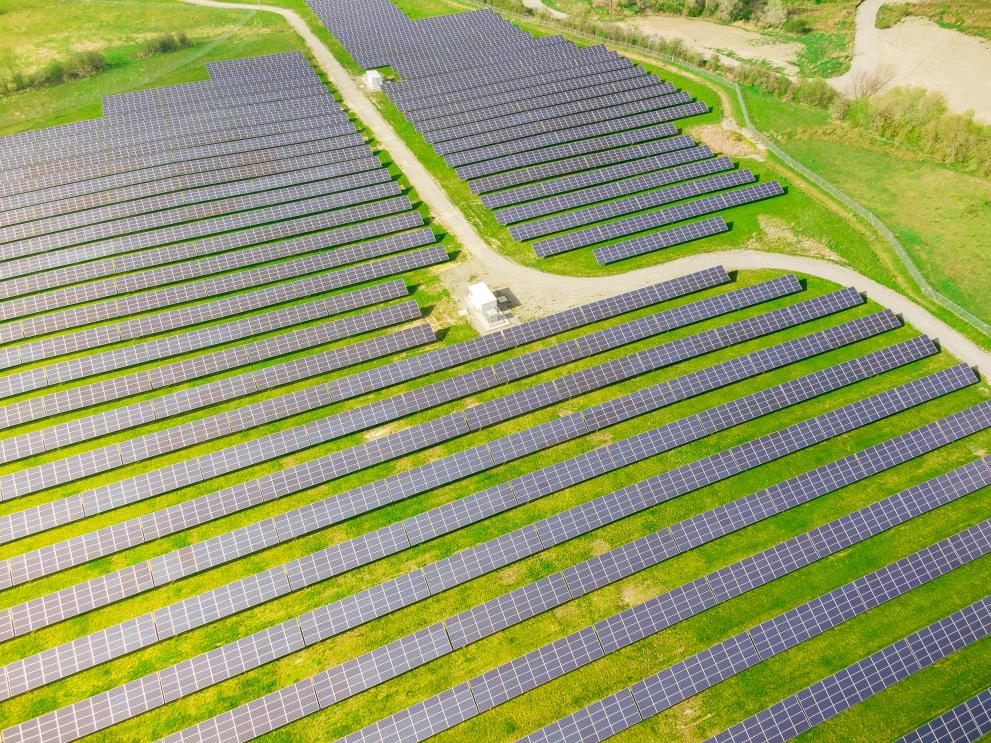
In order to meet the EU decarbonisation targets, the EU Member States committed to achieve at least 32% of renewable energy in the EU’s final energy consumption by 2030. This means that they have to increase the share of energy from renewable sources in their respective energy mixes. To do so, apart from purely domestic actions, an EU Member State may choose to cooperate with other countries within the EU or beyond. Such cooperation mechanisms, as set up in the Renewable Energy Directive, can take form of joint projects, joint support schemes, or statistical transfers.
The new CEF (Connecting Europe Facility) programme provides an enabling framework to support cross-border cooperation in the field of renewable energy and introduces the concept of cross-border renewable energy projects.
CB RES projects do not have a capacity threshold and are not limited to the electricity sector. They can cover other energy carriers such as hydrogen and end-use sectors such as heating and cooling, power-to-gas, storage or transport. A project developer can seek financing for preparatory studies contributing to the development of a future CB RES project generation, but also for studies and works.
Note that, at this stage, only applications for preparatory studies are open.
- Financing for preparatory studies is designed to provide technical support to overcome obstacles which prevent cooperation projects from going ahead, such as uncertainty on the allocation of costs and benefits between involved Member States or the additional complexity of setting up cross-border support. In order to be eligible for financing, project developers must also provide a letter of support by the concerned Member States, additional requirements are available in the funding and tenders portal. The next preparatory studies call will open in the third quarter of 2023.
- To apply for this upcoming call, a project first needs to acquire the CB RES status. Having the official CB RES status is a requirement to be eligible for financial support under the CEF Programme, and it could provide further benefits such as higher visibility, increased investor certainty, and stronger support from Member States.. The CB RES status is not required for preparatory studies. The Commission launched a call for CB RES status in January. Please see here the call page.
- Once granted the CB RES Status, project developer can thus apply for funding for studies and works. Financing for studies may include but are not limited to, environmental impacts assessments, feasibility studies for instance. Support for works, provides project developers with direct financing for projects components at the development stage. For both studies and works, note that a project’s operational costs cannot exceed 10% of the overall cost and developers have to prove its non-commercial viability, justifying the need for subsidy. The maximum co-funding rate is 50% of the overall cost. More information about the scope of financing may found on the CB RES webpage.
For any inquiries, visit the FAQ page or directly get in touch: cinea-cef-renewables@ec.europa.eu
To find out more, register to the Committee of the Region's upcoming Webinar on CEF Cross-border Renewable Energy Projects .
Details
- Publication date
- 6 February 2023
